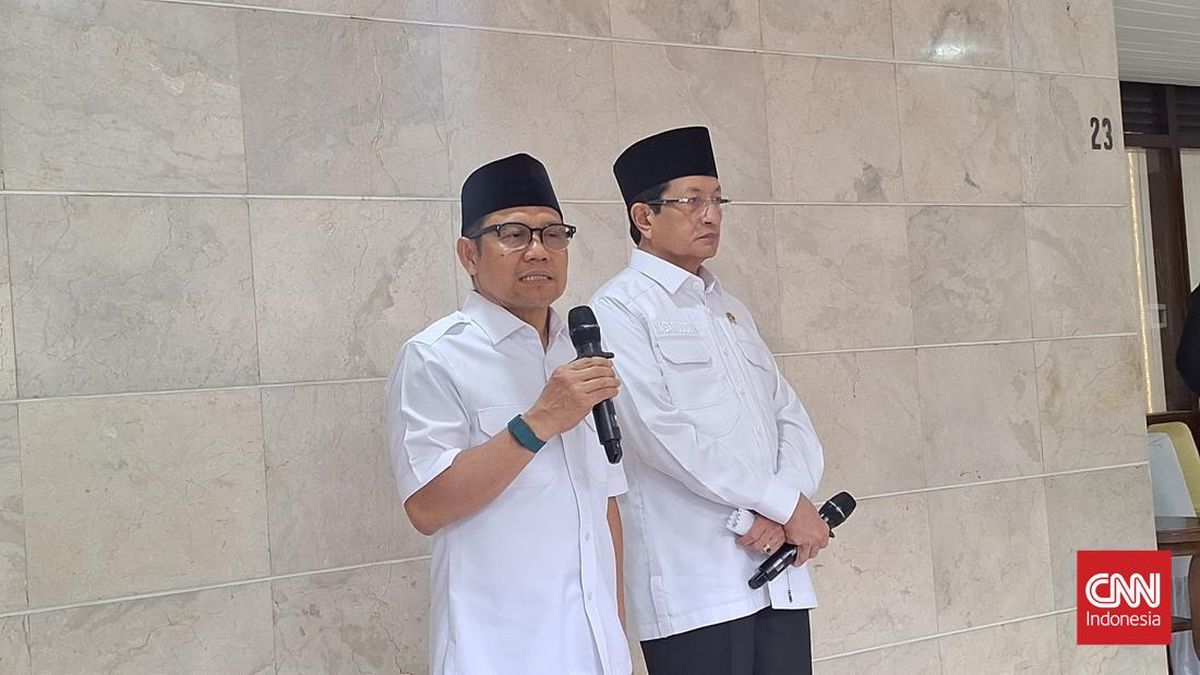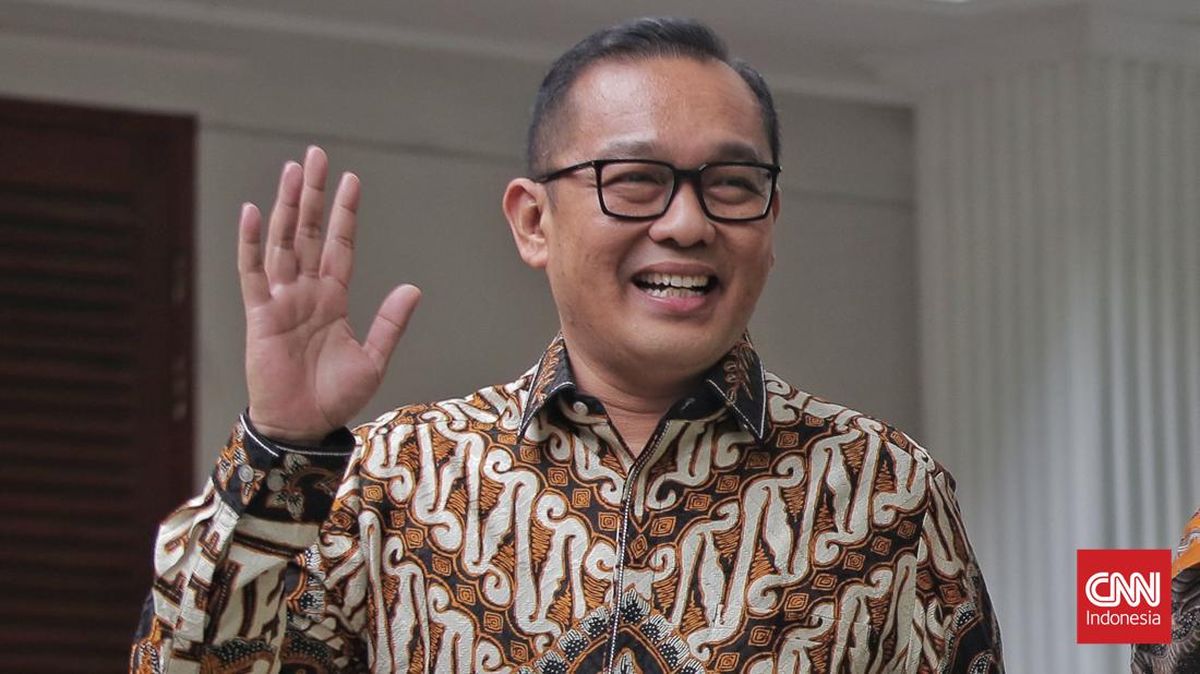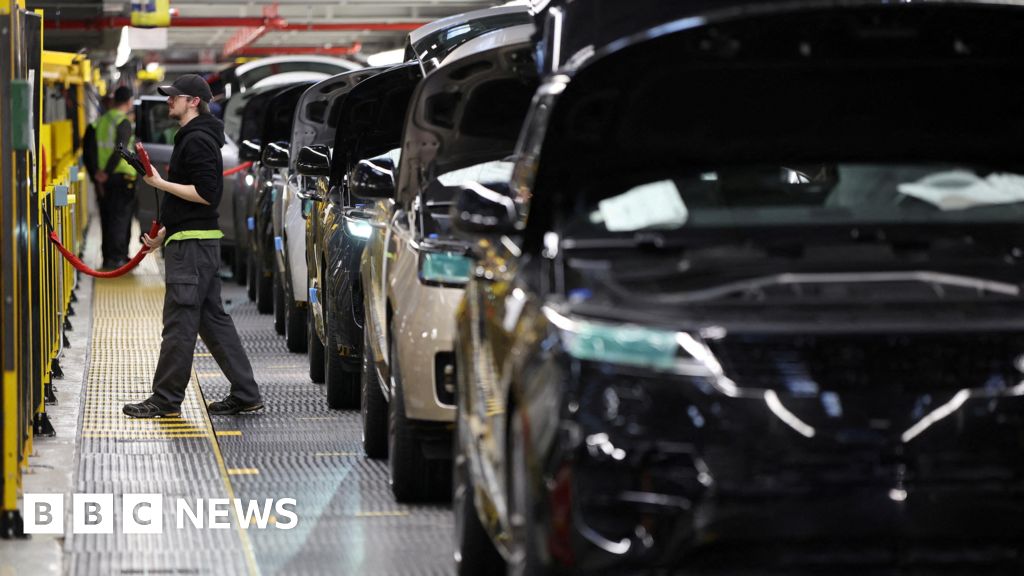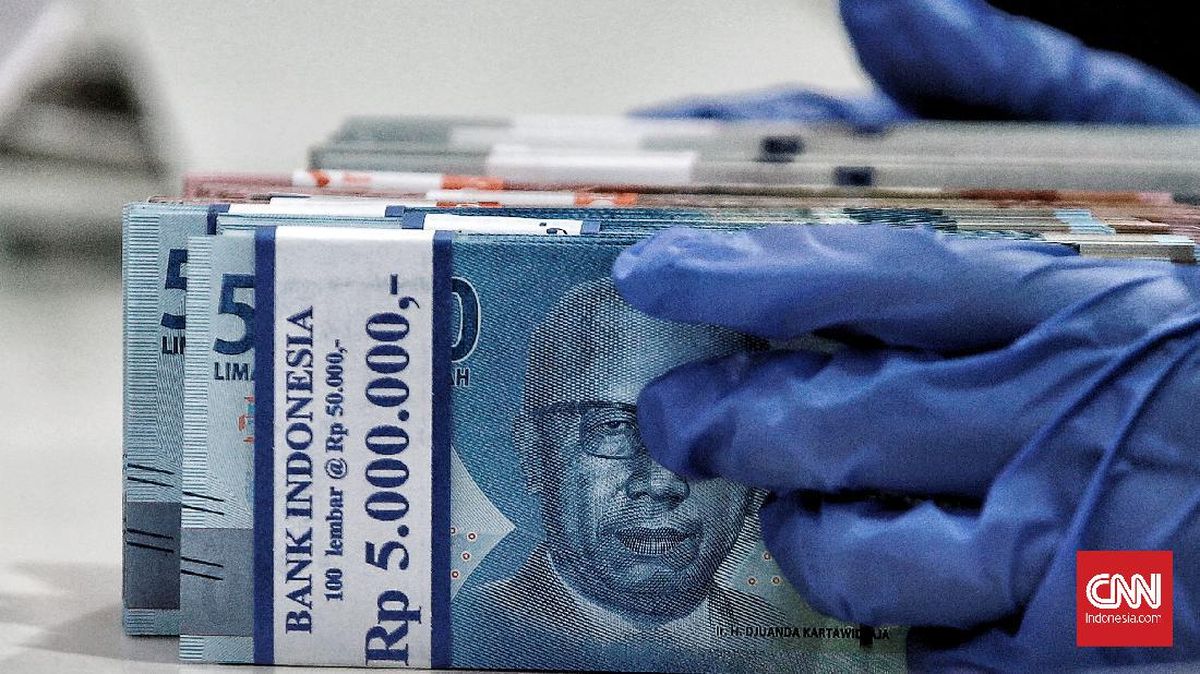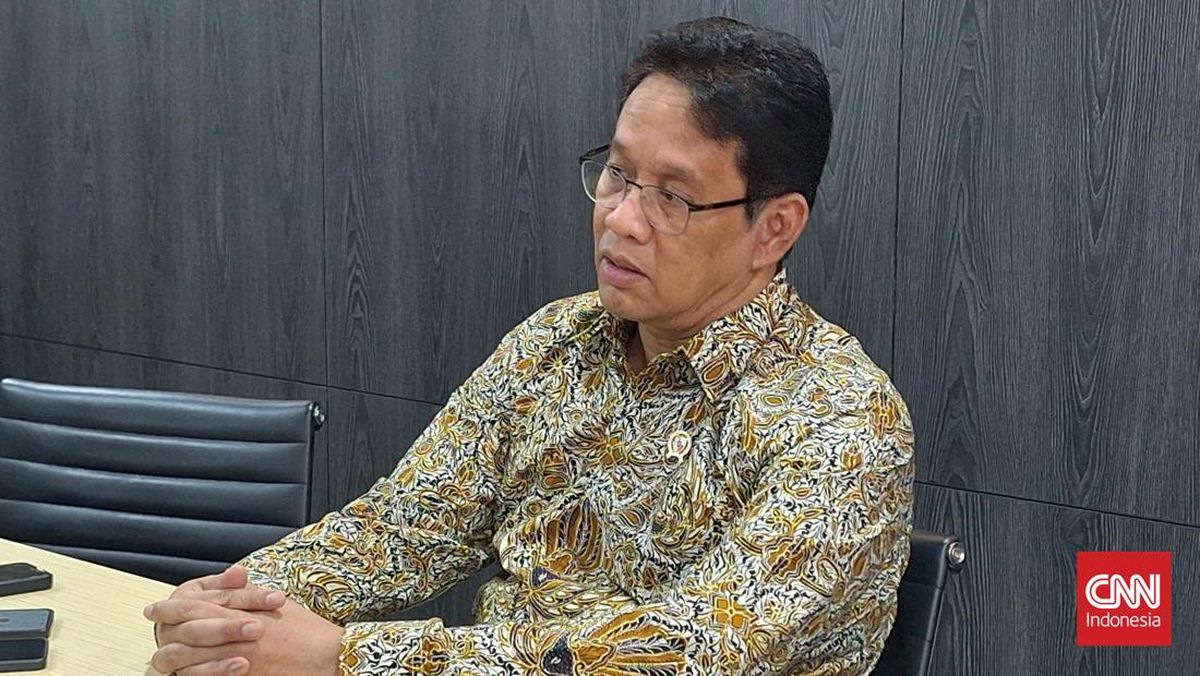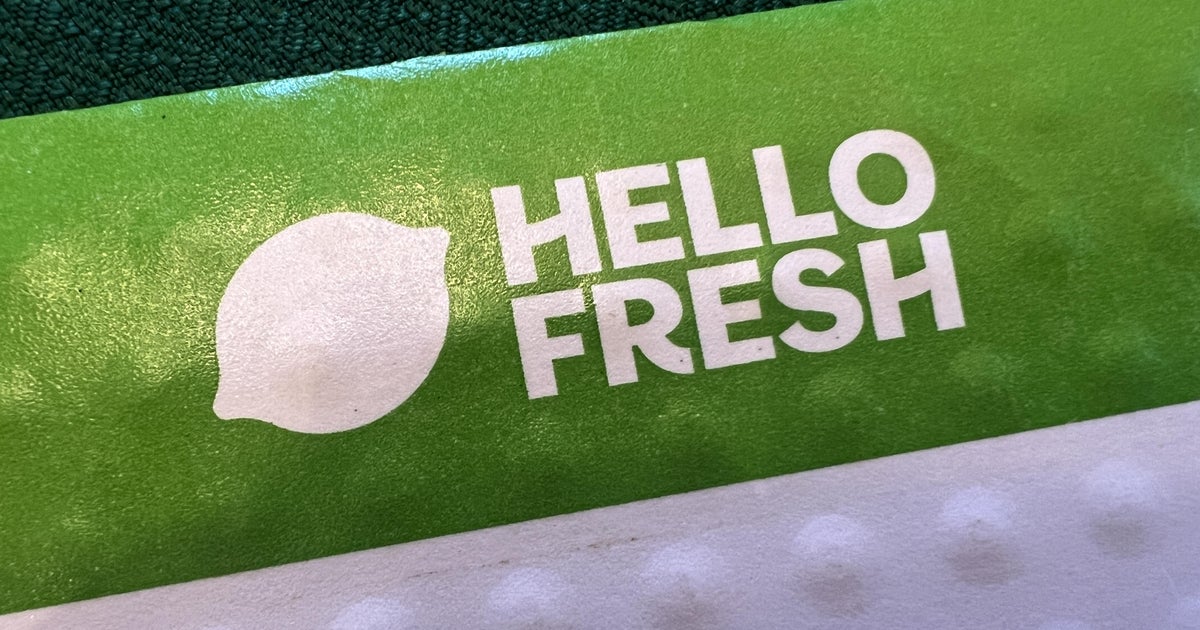Failure to follow existing guidelines on how to use AI safely is putting organisations at risk of receiving error-ridden work from professional services firms such as Deloitte, experts warn, as the use of the technology spreads across the sector.
Deloitte has been forced to provide a partial refund to the federal government after it used artificial intelligence in the creation of a $440,000 error-tainted report for the Department of Employment and Workplace Relations.

Deloitte: under scrutiny after it handed in a report tainted with AI hallucinations.Credit: Renee Nowytarger
The July report for the Department of Employment and Workplace Relations (DEWR) was quietly updated online last week to delete references and footnotes to people and papers that don’t exist.
Deloitte said: “The matter has been resolved directly with the client.” The report’s conclusions did not change with the update.
Spruson & Ferguson intellectual property and data lawyer Sylvie Tso said there were clear guidelines available to firms such as Deloitte on how to use AI safely.
Loading
She pointed to the federal government’s Voluntary AI Safety Standards, published in September 2024, which “sets out some voluntary guardrails, including disclosing when an organisation is using AI, and when content is AI generated.”
“This should ideally be implemented across service providers, including consultancies for any work product created, especially for high-impact projects,” she said.
Use of AI by professional services firms has also coincided with a hollowing out of lower-level consultants who would traditionally ensure the quality of reports delivered to clients.
The emergence of AI in consultancies and professional services has created a conundrum in which lower-level work can be replaced by technology but still needs to be fact-checked before being published, Spruson & Ferguson’s Tso said.
“The multimillion-dollar question is that, in future, who is going to train the junior level of professionals?”
For decades, the consulting industry operated on a stable “pyramid” model, according to a September article in the Harvard Business Review, which described: “A wide base of junior consultants handling research, modelling and analysis and supporting a narrow apex of senior leaders who guide strategy and manage client relationships.”
“But AI is upending that model. Generative AI tools, predictive algorithms and synthetic research platforms are rapidly automating the very tasks that once filled junior consultants’ weeks.”
David S Duncan, Tyler Anderson and Jeffrey Saviano write that: “Across the board, generative AI is increasingly performing the work usually handled by large teams of junior consultants”.
Loading
In fact, a similar trend has been seen in Silicon Valley where AI programming tools have dimmed the prospects in the field for new entrants, even as mid-level staff appear less affected, The New York Times reported.
The consultancy sector has been under pressure in recent years, with PwC revealed in 2022 to have shared confidential tax information it learned from working with the government to some of its private sector clients.
Over the past year, spending on KPMG fell from over $300 million to just $106 million. PwC exited the market for government contracts. EY’s contracts has shrunk, too. Meanwhile, Deloitte stayed steady at about $200 million, according to the AFR.
A year ago, the total number of job ads for the five major consultancies (Accenture, Deloitte, EY, KPMG and PwC) fell from almost 1700 in 2023 to 700.
Tso said savings made by adoption of AI has to be balanced against the added cost of double-checking the quality of the work. She doesn’t believe that the emergence of AI will devalue the perception of the work generated by consultancies.
“Because if everyone is using the AI product, you still are paying for the expertise for the ultimate person who is signing off on the work,” said Tso.
Meanwhile, the handling of the report by Deloitte on DEWR’s IT system for automating welfare penalties and payment pauses has renewed calls for a review of government reliance on consulting expertise, three years after the PwC tax leak scandal triggered a public and political uproar.
The Deloitte gaffe recalls the robo-debt scandal in which the government employed used technology to raise $1.73 billion in debts from low-income citizens of which $751 million was wrongly recovered.
Greens Senator Barbara Pocock said: “Outsourcing government analysis to AI via consultants is a waste of money, time and resources.”
Loading
Labor Senator Deborah O’Neill said Deloitte “has been caught out and found wanting in its use of AI”.
“It shows again the value of investing in a well-resourced public service and making sure it has the capacity to do its work in the national interest.”
Most Viewed in Business
Loading

